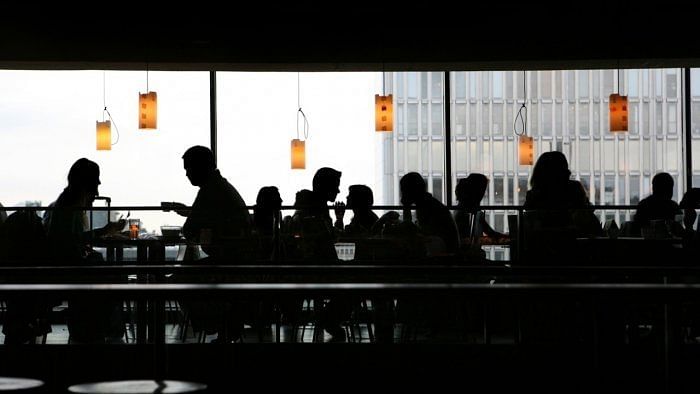
The Central Consumer Protection Authority (CCPA) on Monday put to rest the long standing issue of whether or not restaurants and hotels can levy service charges. The body issued fresh guidelines to prevent "unfair trade practices" that violates consumer rights. The new government order bars hotels or restaurants from adding service charge "automatically or by default" in the bill or collect it under any other name.
The CCPA, established in July 2020 under the Consumer Protection Act 2019, issued five major guidelines based on numerous complaints by customers to protect the latter's rights, and investigate and punish violators.
What are the new guidelines?
The five new guidelines are:
> No hotel or restaurant shall add service charge automatically or by default in the food bill.
> Service charge shall not be collected from customers by any other name.
> No hotel or restaurant shall force a consumer to pay service charge. The hotel/restaurant shall clearly inform the consumer that service charge is voluntary, optional and at consumer’s discretion.
> A hotel or a restaurant cannot restrict the entry or provision of services to a customer based on collection of service charge.
> Service charge shall not be collected by adding it along with the food bill and levying GST on the total amount.
What can a customer do if service charges are added to their bill?
According to the CCPA guidelines, if a hotel or a restaurant is violating any of the above guidelines, a customer has four options:
First, the customer can request the hotel/restaurant to remove the service charge from their bill.
Second, the customer can lodge a complaint on the National Consumer Helpline (NCH) by making a call on the number 1915 or using the NCH mobile app.
Third, the person can file a complaint against unfair trade practices with the consumer commission. This complaint can also be lodged online through the ‘e-daakhil’ portal (http://www.edaakhil.nic.in.).
Fourth, the consumer can file a complaint with the District Collector of the relevant district to investigate and take appropriate action. One can also register a complaint with the CCPA directly by sending an email to com-ccpa@nic.in.
Why did the CCPA issue these guidelines?
The CCPA issued the guidelines following numerous complaints about restaurants and hotels automatically charging service fees without requesting or telling customers.
"The issues raised by consumers include restaurants making service charge compulsory and adding it in the bill by default, suppressing that paying such charge is optional and voluntary and embarrassing consumers in case they resist paying service charge," read the ministry's official statement.
Food and Consumer Affairs Minister Piyush Goyal had earlier asserted that the practice of levying service charges was “unfair” and that the ministry would soon come out with a legal framework to stop it. The Department of Consumer Affairs also held a meeting with the representatives of associations of restaurants and consumers, after which Rohit Kumar, the Consumer Affairs Secretary, said that the government is of the view that the practice of imposing service charges adversely affects the rights of the consumers and is an "unfair trade practice" as well.
What do restaurants and hotels say?
The decision has evoked mixed reactions among hoteliers and restaurateurs. While the Bruhat Bengaluru Hoteliers Association (BBHA) President P C Rao welcomed the order, representatives of the National Hotels Association of India told DH that they will take a legal opinion on the guidelines.
Meanwhile, the Federation of Hotel & Restaurant Associations of India (FHRAI) and the Hotel & Restaurant Association of Western India (HRAWI) have also strongly objected to the CCPA order. "Most of these guidelines issued by CCPA are already followed by hotels and restaurants. It’s extremely disheartening that the hospitality industry is constantly singled out. We have explained over and over again that there is nothing illegal in collecting a service charge. It is a charge collected for the benefit of the staff which includes everyone from the waiters to the personnel working in the kitchen who have served a consumer directly and indirectly," said Gurbaxish Singh Kohli, Vice President, FHRAI.
"No hospitality establishment coaxes a consumer to pay it if for any reason they choose not to. But the industry is being painted as the black sheep in the eyes of the consumer for no reason. Ironically, there are several online websites and apps that charge convenience fees including the government-run IRCTC. These do not even explain what the charge is for nor is the consumer given a choice to opt out of it. We ask the government to introduce a law that is uniform to all businesses and that the hospitality industry is not discriminated against," Kohli said.